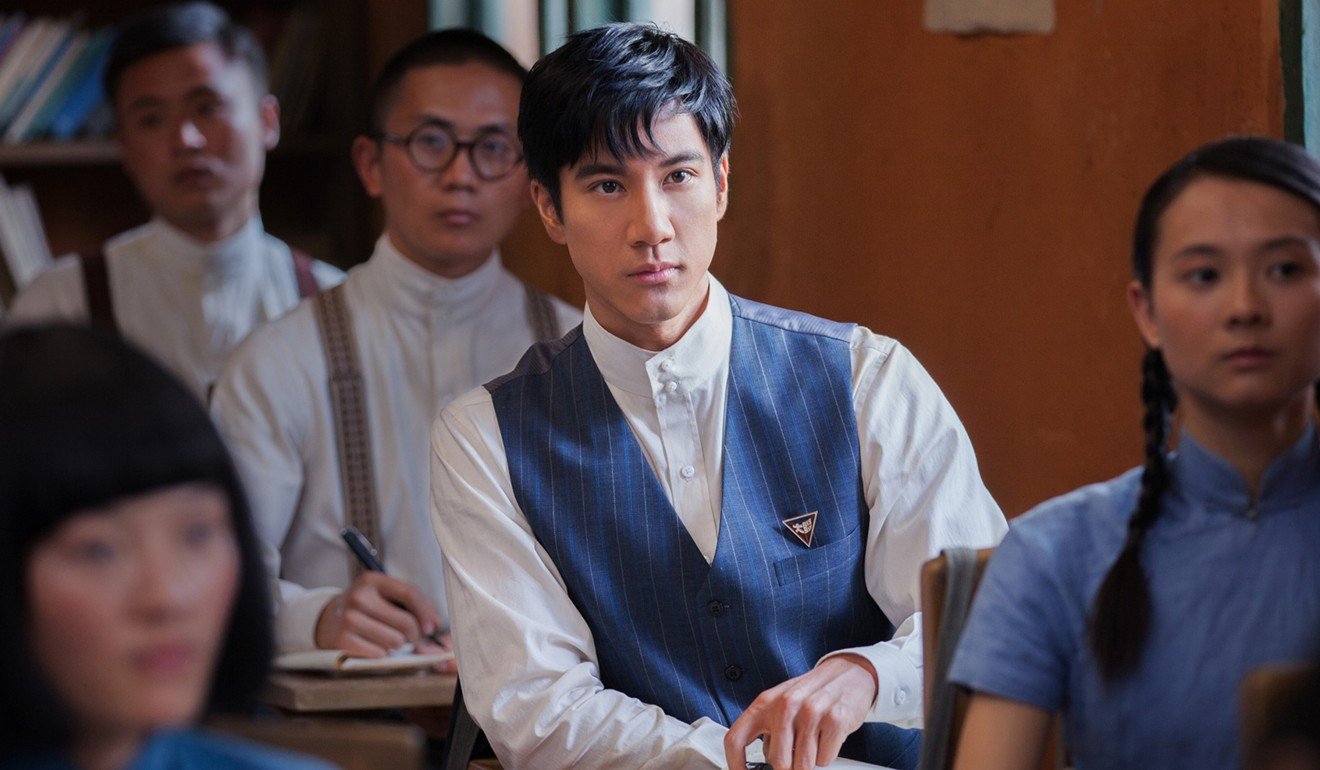Forever Young film review: Zhang Ziyi, Chang Chen lend star power to lumbering ode to Tsinghua University
Film purports to tell the last 100 years of Chinese history through the stories of four generations of Tsinghua University graduates, but is let down by poor effects, a clumsy script, and over-aged actors playing students

1/5 stars
Almost eight years after production began on Forever Young, the ambitious historical epic finally arrives on Hong Kong screens with precious little fanfare. Despite an all-star Chinese cast, writer-director Li Fangfang’s ode to Tsinghua University graduates is a lumbering and sluggish ordeal that yields little reward for audiences.
Interweaving the stories of four generations of Tsinghua graduates, Li sets out to chronicle the last century of Chinese history, as the country transforms from a feudal empire into an economic superpower. Lavish production design adds period authenticity to each story, but is undermined by subpar effects work, clumsy storytelling and the ridiculous sight of thirtysomethings portraying university students.
In the present day, Chang Chen plays a conflicted ad executive, while in 1938, when the university relocated to Kunming, in Yunnan province, southwest China, Wang Leehom’s rich kid from Canton quits his studies to join the air force.
Chen Chusheng headlines the earliest chapter, set in 1924 when the university first acknowledged Western academic disciplines. But the bulk of the drama is wrung from the struggles of young lovers Zhang Ziyi and Huang Xiaoming in 1968.
A number of controversial plot points may have contributed to the film’s lengthy delay, including the favourable depiction of Kuomintang soldiers, acknowledgement of nuclear power’s adverse consequences and the public lynching of a wrongly accused spy. Nevertheless, when the film was finally released in China in January, it was a legitimate box office success.
Star power no doubt played its part, as did simple curiosity, but the film seems to have resonated because of its championing of individualism and personal achievement. Forever Young ends with the dedication “to each and every one of you. Never forget how precious you are,” a sentiment that is at odds with traditional communist thinking.
The end credits include a montage celebrating Tsinghua’s most prestigious alumni and faculty members. The result plays less like a history of China’s academic evolution than a recruitment film for Tsinghua University, and is every bit as contrived and tawdry as that sounds.

Forever Young opens on September 20
Want more articles like this? Follow SCMP Film on Facebook